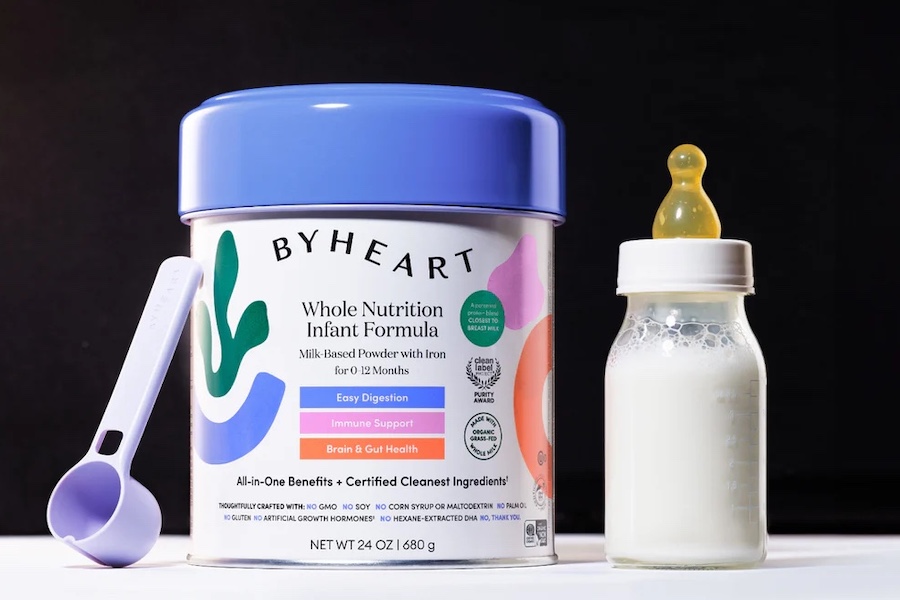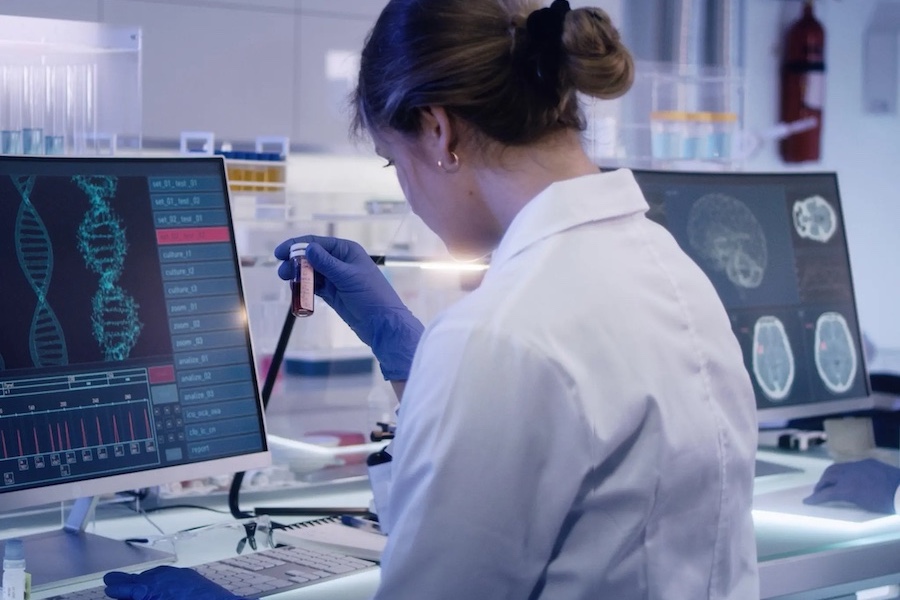When the calendar flips, it’s tempting to aim for a total life overhaul. But from a public health perspective, the most powerful resolutions aren’t the most extreme—they’re the ones that reduce risk, build protective habits, and make it easier for you (and the people around you) to stay healthy all year long.
If you’re making New Year’s resolutions, consider selecting a few that improve long-term health outcomes and promote community well-being. Here are practical, high-impact ideas—plus tips to make them realistic and sustainable.
1) Make “Prevention” Your #1 Health Goal
Preventive care is one of the strongest predictors of better long-term health. A simple resolution: stay up to date on checkups, vaccines, and screenings.
Try this:
-
Schedule your annual physical (or wellness visit).
-
Ask what screenings you’re due for (blood pressure, cholesterol, diabetes, colon cancer, cervical cancer, breast cancer, etc.).
-
Review vaccines for your age and health status (including seasonal vaccines).
-
Keep a list of all medications and supplements you take, and bring it to every appointment.
2) Move More — Without the “All or Nothing” Trap
Physical activity supports heart health, mental well-being, sleep quality, balance, and overall health. The key is consistency, not perfection.
Try this:
-
Pick a minimum you can hit even on busy days (example: a 10-minute walk).
-
Attach movement to something you already do: after coffee, after dinner, or during one phone call each day.
-
Add strength-building twice a week (bodyweight exercises count).
3) Treat Your Sleep Like it’s a Health Appointment
Sleep affects mood, immunity, weight regulation, focus, and the risk of chronic diseases. A strong resolution: build a predictable sleep routine.
Try this:
-
Choose a consistent wake-up time.
-
Set a “screens down” reminder 30–60 minutes before bed.
-
Create a wind-down routine: dim the lights, stretch, read, take a shower, or listen to something calming.
-
If you snore loudly, stop breathing during sleep, or feel exhausted despite enough hours, talk to a healthcare provider.
4) Eat in a Way You Can Sustain (and Enjoy)
Public health nutrition isn’t about strict rules—it’s about patterns that support energy, stable blood sugar, heart health, and gut health over time.
Try this:
-
Add one “default” healthy breakfast or lunch you can repeat.
-
Aim to include a fruit or vegetable at most meals.
-
Keep convenient, nourishing options on hand (frozen vegetables, beans, canned fish, plain yogurt, nuts).
-
Hydrate intentionally—carry a water bottle and refill it.
5) Support Your Mental Health — Proactively
Mental health is health. Consider a resolution that strengthens coping skills before stress hits.
Try this:
-
Schedule one meaningful connection each week.
-
Build a “stress first aid kit”: music, movement, journaling, a breathing app, and a short outdoor break.
-
Consider therapy, support groups, or coaching if stress, anxiety, depression, or grief is weighing you down.
-
If alcohol or substances are your primary coping tool, make a plan to add healthier supports—and reach out for help if you need it.
If you or someone you know is in crisis in the U.S., you can call or text 988 for the Suicide & Crisis Lifeline.
6) Make Your Home a Safer Place
Many preventable injuries and exposures happen at home. A few small steps can reduce risk for everyone in your household.
Try this:
-
Test smoke and carbon monoxide detectors; replace batteries if needed.
-
Store medications, cannabis products, alcohol, and cleaning supplies locked and out of reach of children and pets.
-
Review medication expiration dates and dispose of any medications that are no longer needed safely.
-
If you have firearms, store them in a locked, unloaded, and separate location from ammunition.
7) Prevent Infections with Simple, Everyday Habits
Maintaining your own health helps protect those in your community who are more vulnerable, including babies, older adults, and individuals with compromised immune systems.
Try this:
-
Wash your hands regularly (especially before eating and after using the restroom).
-
Cover your coughs and sneezes; stay home when you’re sick if possible.
-
Improve indoor air quality by opening a window, using exhaust fans, or running an air purifier.
-
Keep up with recommended vaccines and boosters.
8) Choose a Safety Resolution that Protects Others
Some of the most life-saving resolutions don’t look like “wellness” goals at first glance.
Try one of these:
-
Buckle up every ride, every seat — make it non-negotiable.
-
Commit to no impaired driving (alcohol, cannabis, or other substances). Make a plan before you go out.
-
Learn CPR and keep your emergency contacts up to date.
-
Keep naloxone available if you or someone close to you may be at risk of opioid overdose.
9) Make One Community-Health Resolution
Health isn’t only individual — your environment, connections, and access to resources matter.
Try this:
-
Check in on a neighbor who lives alone during cold snaps or heat waves.
-
Volunteer locally once a month (food pantries, shelters, community cleanups).
-
Donate blood if you’re eligible.
-
Share verified health information—and pause before reposting rumors online.
10) Make Your Resolutions “SMART,” So They’re Achievable
Instead of: “I’ll get healthy.”
Try: “I’ll walk 10 minutes after dinner 4 days a week.”
Instead of: “I’ll sleep more.”
Try: “I’ll set a 10:30 p.m. bedtime alarm on weekdays.”
A good rule: Start so small you can’t fail, then build.
A Healthier Year Doesn’t Require Perfection
The best resolutions are those that lower risk, strengthen routines, and make your life safer and more resilient—both physically and mentally. Pick 2–3 priorities, write them down, and plan for the weeks when motivation dips (because it will).









